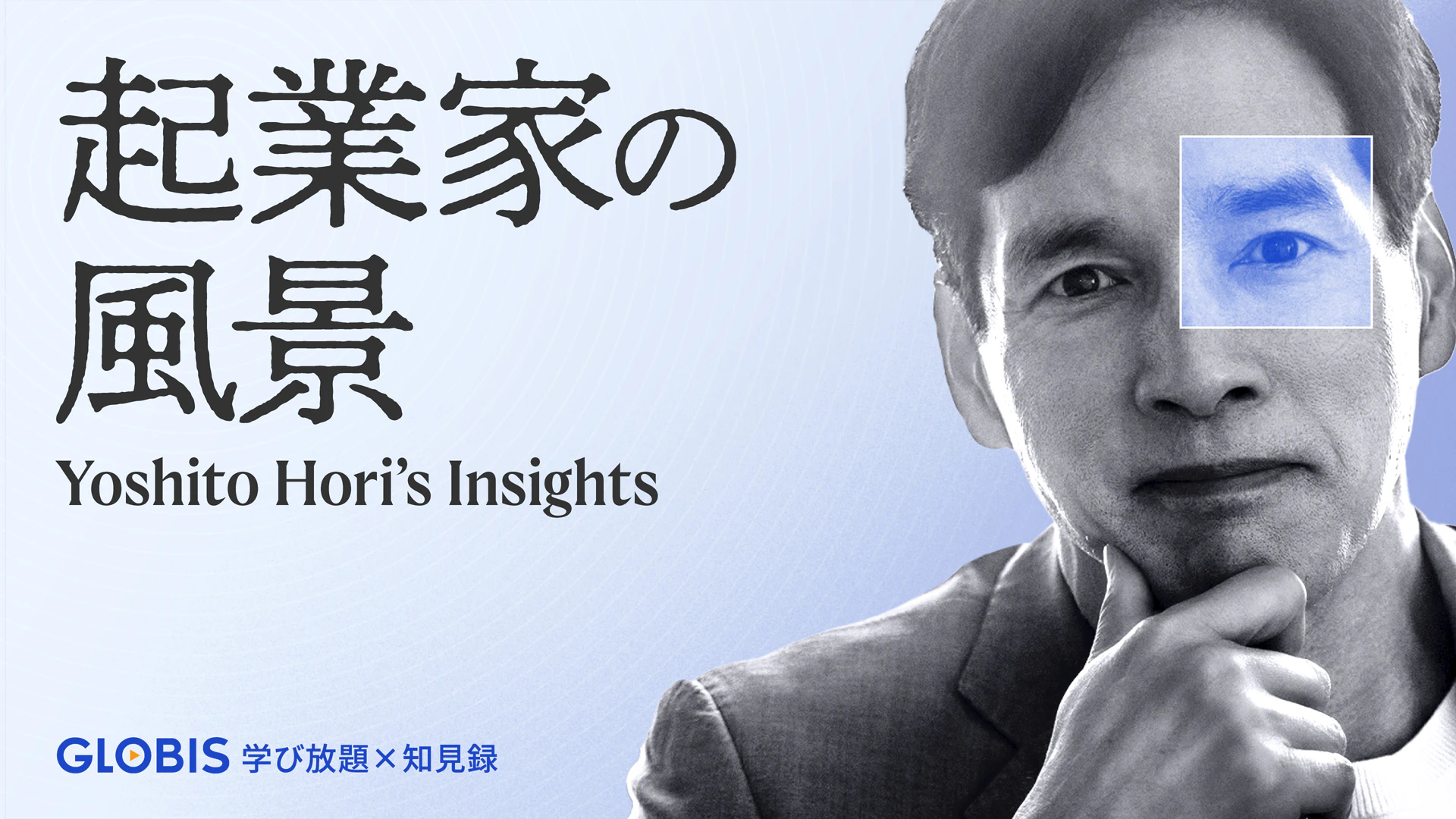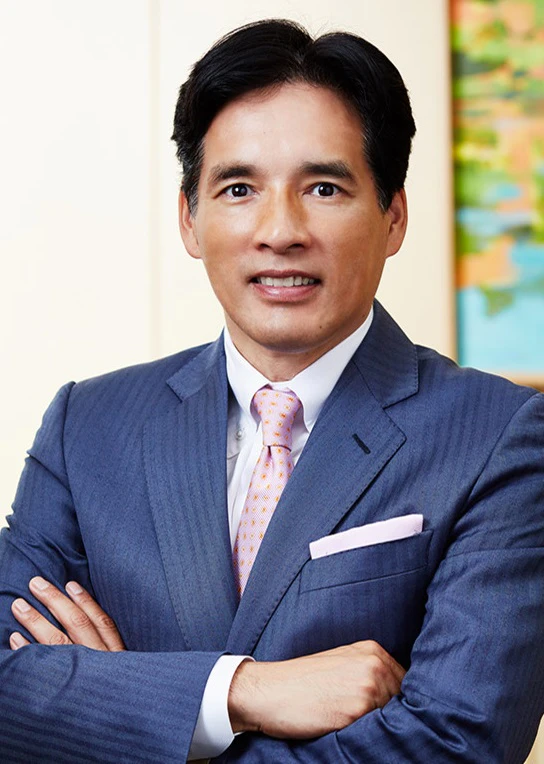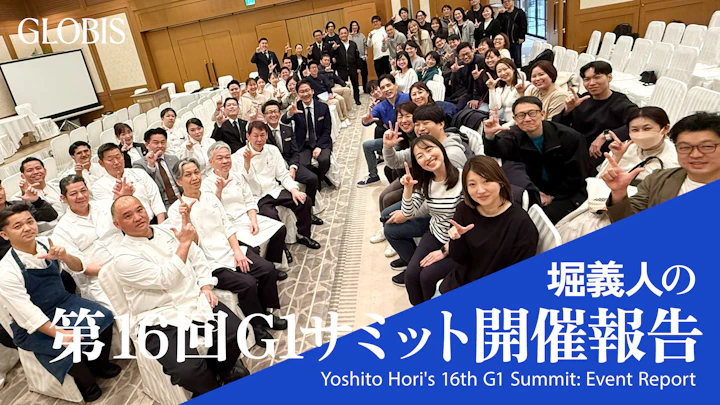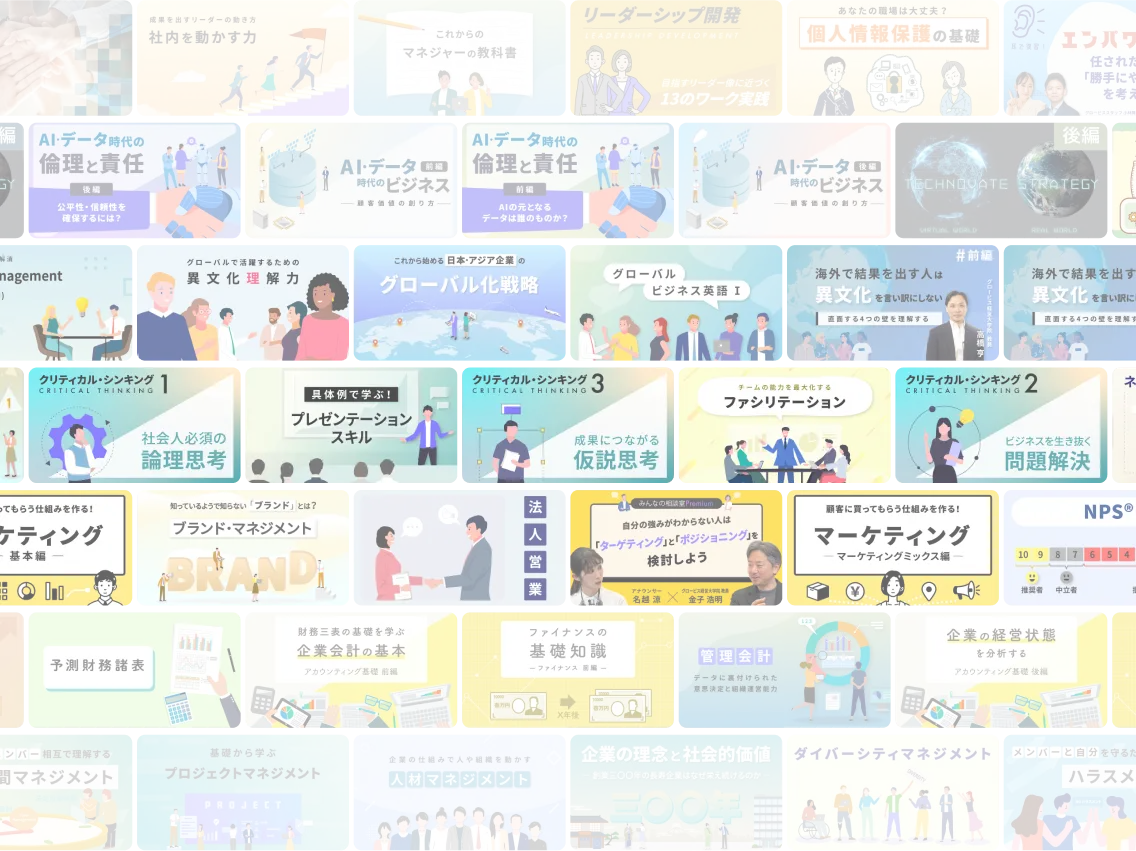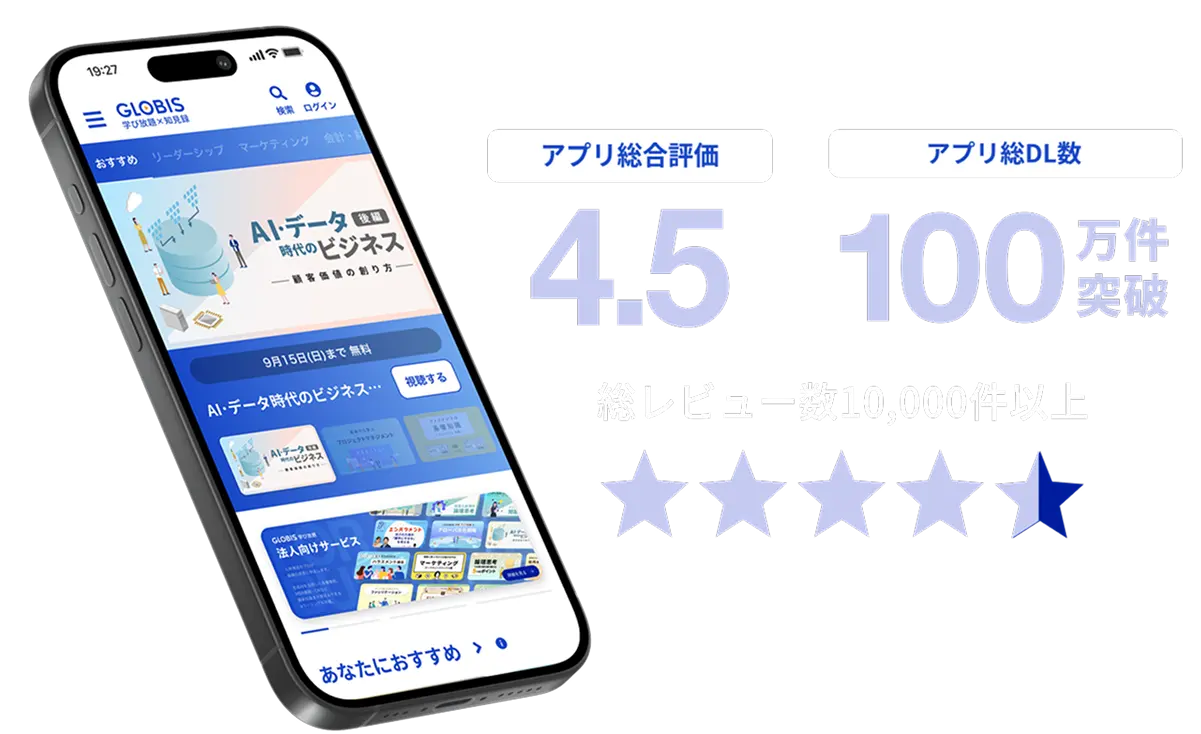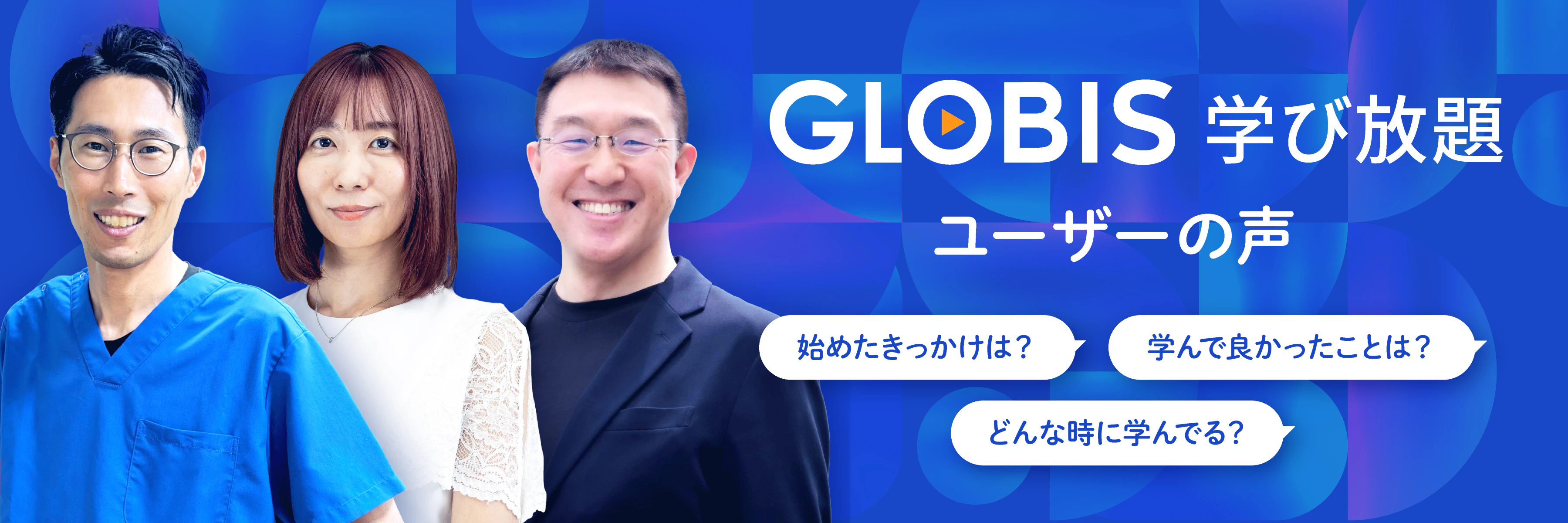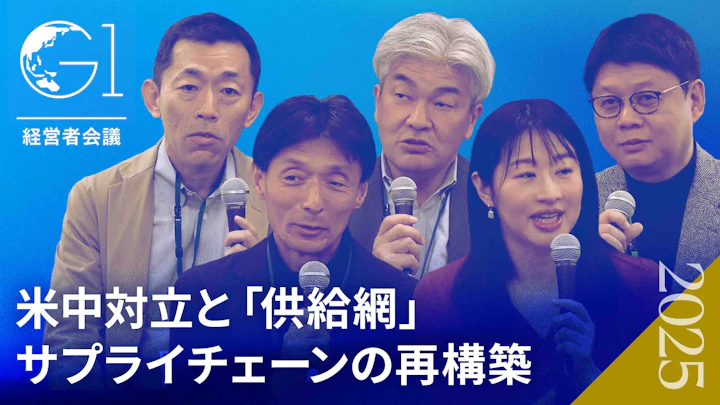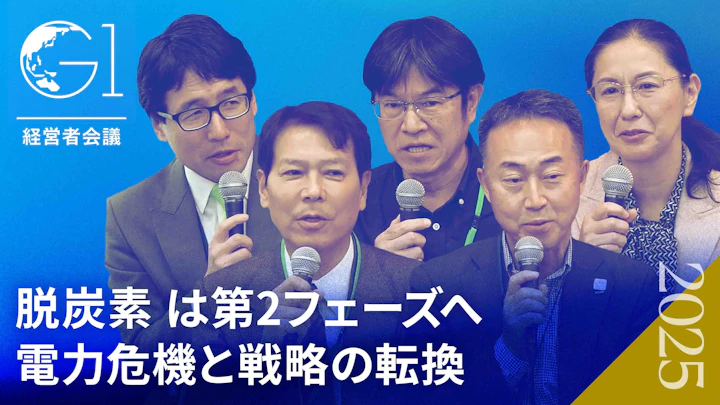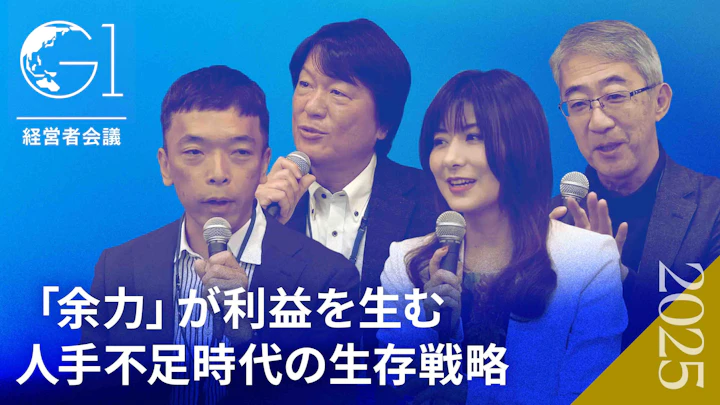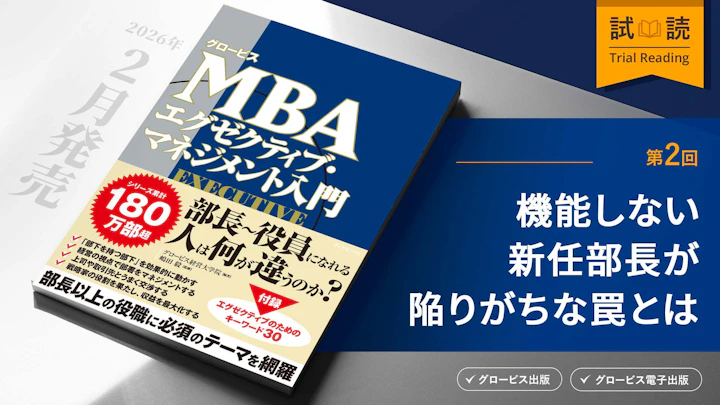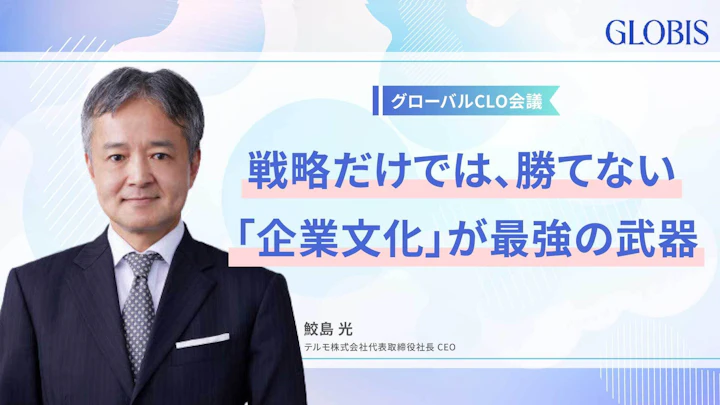Dear Friends,
It has been a year since I wrote to you the last “Email from Japan”. You may have noticed that Japan has recently become quite "popular" in the media coverage and in the capital market.
A couple of weeks ago I attended the Milken Global Conference in LA, as the only Japanese panelist among all the entire conference. Talking to the participants there, I felt that the question of Japanese economic recovery is drawing strong interest from the international community and that the direction of where Japan is heading at the moment is generally viewed in a very positive way.
Since the Abe administration came into power at the end of last year, the whole landscape of Japan has indeed been changing after long two decades of deflation and stagnation. Let me give you a quick overview on the current state of Japanese economy.
In terms of statistics, improvements are already clear. Since last November when it became certain that Shinzo Abe would be the next prime minister, the stock market has soared by about 70%, accompanied by rising real estate market. The Japanese Yen has been depreciated by 25%, and the unemployment rate is now down to 4.1%. These upward trends are also reflected on the business confidence, with TOYOTA recording the net profit of JY1.3trillion yen (US$13billion) and expecting to grow by 30-40% this fiscal year. So, many of us are starting to feel very excited about the way things are going. The "landscape" has changed here.
“Abenomics” -Prime Minister Abe’s pro-growth economic policies- consists of three core elements, which are called “three arrows”.
The “first arrow” refers to the monetary policy. Haruhiko Kuroda, the former president of the Asian Development Bank, became the governor of the Bank of Japan in March this year. Immediately after his appointment to this post, Kuroda set out to implement drastic monetary policies, including the inflation target of 2%, yen depreciation, and the unprecedented level of quantitative easing.
The “second arrow” entails fiscal policy. The Abe government decided on the additional fiscal spending amounting to 2% of total Japanese GDP.
The “third arrow” is growth policy. Japan has declared to join in the negotiations for the Trans-Pacific Partnership (TPP). This is an important step towards more trade liberalization and deregulation. The government is also committed to achieving the target of increasing women’s share of leadership positions to at least 30% by the year 2020. There are other proposals in the pipeline that aims to bring about necessary structural changes.
With all these bold policies and the determination to rescue the Japanese economy out of deflation, Abe has secured strong popular support at home. The current support rate for the Abe administration stands very high at over 70%. Whoever visited Japan since the last general election must have sensed that change is "in the air", and along with these developments, the mindset of Japanese people are also changing.
My own recent experience as a venture capitalist underlines these positive changes. At Globis Capital Partners, we have had two IPOs this year. At the latest 2 IPOs, the opening prices were 3 and 4 times higher, respectively, than the initial offering price. This means whoever bought at the IPO will instantly make 3 or 4x return. This, as you know, never happened in my VC career.
On the fund-raising side, more than 80% of capital used to come from overseas, as we could not raise capital in Japan in the past. But with the current fund, which is now being raised, we expect the trend to be reversed. We expect more than 60 to 70 % capital would come from Japanese investors. So, there is a strong momentum in the venture market with more capital flowing in.
Concerns have been voiced about the directions of the “Abenomics” policies, not least because Japan still has to grapple with its massive fiscal deficit. There are also worries about increases in energy cost. According to Professor Nouriel Roubini, Japan has five challenges that need to be simultaneously dealt with: 1)monetary easing; 2)fiscal spending, 3)fiscal consolidation; 4)increased consumption through raising wages; 5)deregulation, structural reform and trade liberalization (TPP). We started tackling some of these issues, and so far I think it’s fair to say that we have been doing well. But obviously a lot more needs to be done to bring about real changes.
On September 16th 2013, I am hosting the third G1 Global Conference themed on“Stronger Japan: the impact to Asia and the world” to examine Japan's revived dynamism for change and its impact for Asia and the world at large. We are planning panel sessions on Abe’s economic and fiscal policies, TPP and trade relations in the Asia-Pacific region, innovations and entrepreneurship in Japan, and geopolitics in East Asia.
Date: September 16th 2013, 9:00 - 17:30 (followed by cocktail reception)
Venue: GLOBIS University Tokyo (http://www.globis.co.jp/en/company/access.html)
Language: English
Some of our expected speakers include:
Richard Edelman (President and CEO, Edelman)
Nik Gowing (Main Presenter, BBC World News)
Yasuchika Hasegawa (President and CEO, Takeda Pharmaceutical Company, and Chairman, Japan Association of Corporate Executives)
Yoshimasa Hayashi (Minister for Agriculture, Forestry and Fisheries Japan)
Yoriko Kawaguchi (Member of the House of Councillors Japan)
Jiren Liu (Chairman and CEO, Neusoft Corporation, China)
Moon Chung-In (Professor of Political Science, Yonsei University, South Korea)
Vachara Phanchet (Chairman Emeritus, Pacific Basin Economic Council)
Ken Shibusawa (President and CEO, Japan Center for International Exchange)
I would like to invite those of you living abroad to participate in this conference to join in our discussions about a new and stronger Japan from global perspectives.
This will be our 3rd G1 Global Conference. The name “G1” stands for "a Group of 1, the Globe is One". We have been holding the “G1 Summit” in Japan for the past 5 years, participated by Abe-san and other ministers in the current Japanese government.
The G1 Global is a conference entirely done in English language. No Japanese is spoken at the panels and no translation would be provided. The sessions would be attended by a diverse set of people from abroad.
We are all looking forward to seeing you in Tokyo in September.
I hope you can join us in Tokyo.
Yours,
Yoshito Hori
President of GLOBIS University
Managing Partner, GLOBIS Capital Partners
Leader of G1 Summit & KIBOW


